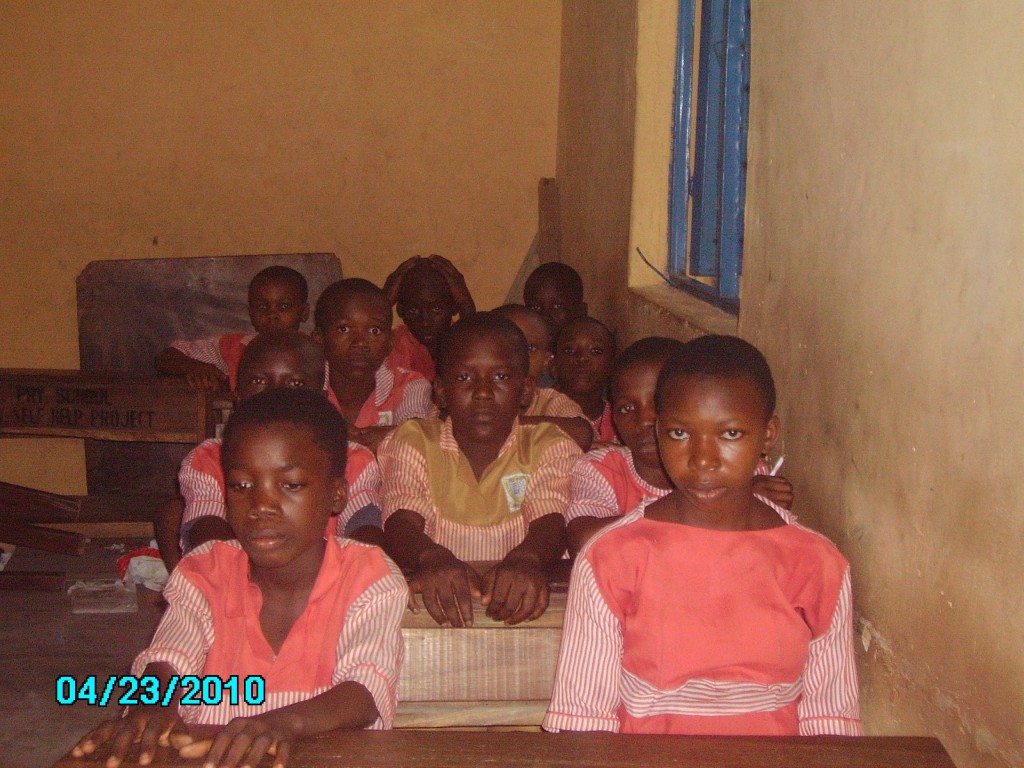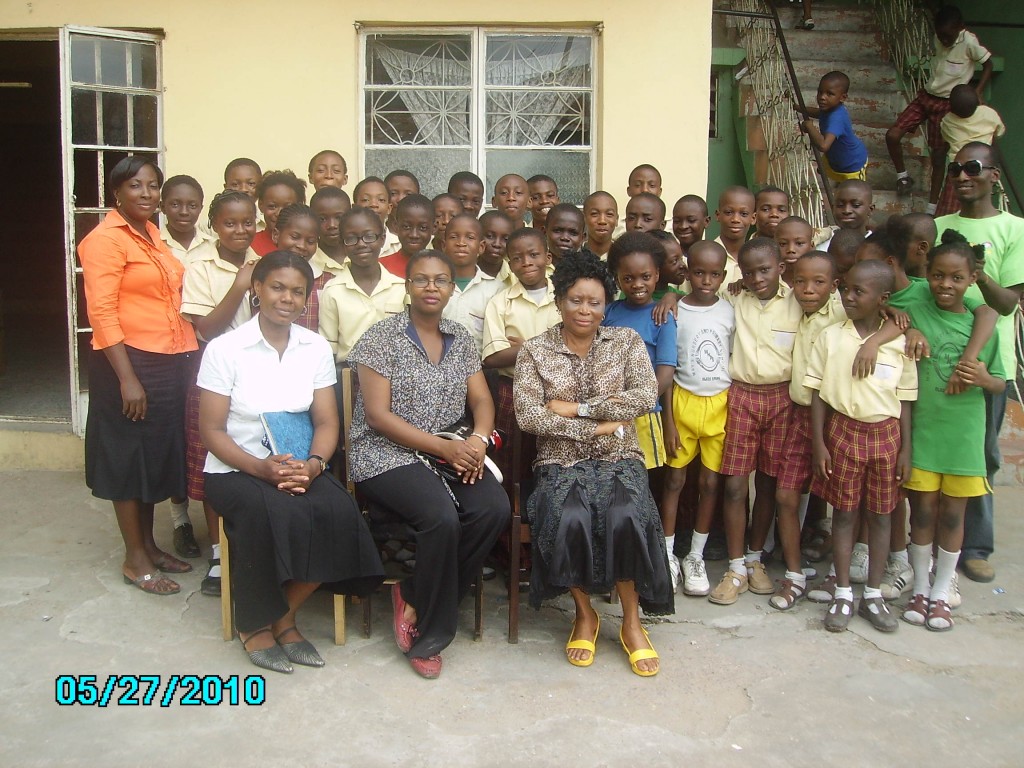A STITCH IN TIME.......PART 1
Jan 21, 2015
Story



It is easier to train a child than training an adult; the image of ourselves we develop and carry is based on what we were told repeatedly during our formative years. If they were supportive words then it helps to boost our self esteem and value in later years. If they are words of affirmation it can help provide a solid, positive foundation for our thinking. They help us see others through the eyes of love and not violence. And if we were abused as children, we end up becoming abusers ourselves.
Human sexuality is the totality of our being. It starts from birth and last still death. It’s about our being a female and a male, it also includes how we dress, talk, walk etc. It portrays our individual personality. Talking about sexuality is crucial to a child’s development; start doing the training now with that child because the words that they (kids) hear in those early years continue to playback in endless loops in their minds as adults and this will determine how they relate with people of opposite sex:
WHAT IS THE DIFFERENCE BETWEEN SEX AND GENDER?
Sex versus Gender
Sex is use to describe whether a person is a male or female, boy or girl, man or woman. It refers to those characteristics differing between male and female which are biological: genetic differences, hormones, reproductive organs , external genitalia, and what are known as “secondary sex characteristics” such as hair growth patterns, tones of voice, distribution of muscle mass, etc It is also however use to describe the act of reproduction. Every living thing is expected by God to give birth to its kind so that the world will not finish until God wants it to, so as to ensure this, God made the sexual part of all living things. In animals, they do not have to get marry before having sex but humans have to wait and get marry first because God wants every child to have a mother and father so the child will be well taken care of.
.
“Gender,” on the other hand, refers to things like behaviours, attitudes, emotional styles, personality types, thoughts, and responsibilities that different societies consider appropriate for men and women depending on their historical period, location, and traditions. Gender differences have been shown to differ across time and place, while sex differences tend to be more similar and stable across cultures and historical periods.
Sex Gender
Genetic differences Behaviours
Hormones Attitudes
Reproductive organs Emotional and communication styles
Genitals Personality types
Secondary sex characteristics, such
voice, and as: hair growth patterns, tones of Content of thoughts, distribution of muscle mass styles of thinking
Responsibilities
Social roles and Skill
Dress
Work/career
Every child needs to know that the pain of growing up is due to a number of complex factors such as the differences mentioned above, I will like to talk firstly about the physical changes that occur in our body; There are three stages of adolescent growth;
The early stage (7-9yrs): it’s time of adjustment to the physical changes that start to occur as the person approaches puberty. It is characterize by acute embarrassment and intensity of feeling.
The middle stage (12-19yrs): it’s time of growing emotionally independent of parents. Since the boy or girl is seeking to establish an identity, the child is open to a number of influences and is subject to greater peer pressure.
Late stage (19-21yrs): he/she considers him/herself as a man /woman and is more ready and it should be remembered, more suitable to experiment sexually. The independence from parents is more or less complete. His/her eventual behaviour is formed to greater or lesser degree by the expectations of his nationality, social class, religions group or sub-culture. The sub-culture may encourage delinquency or an anti-authoritarian attitude. To be continued.......
See part 2 here: http://worldpulse.com/node/60326




